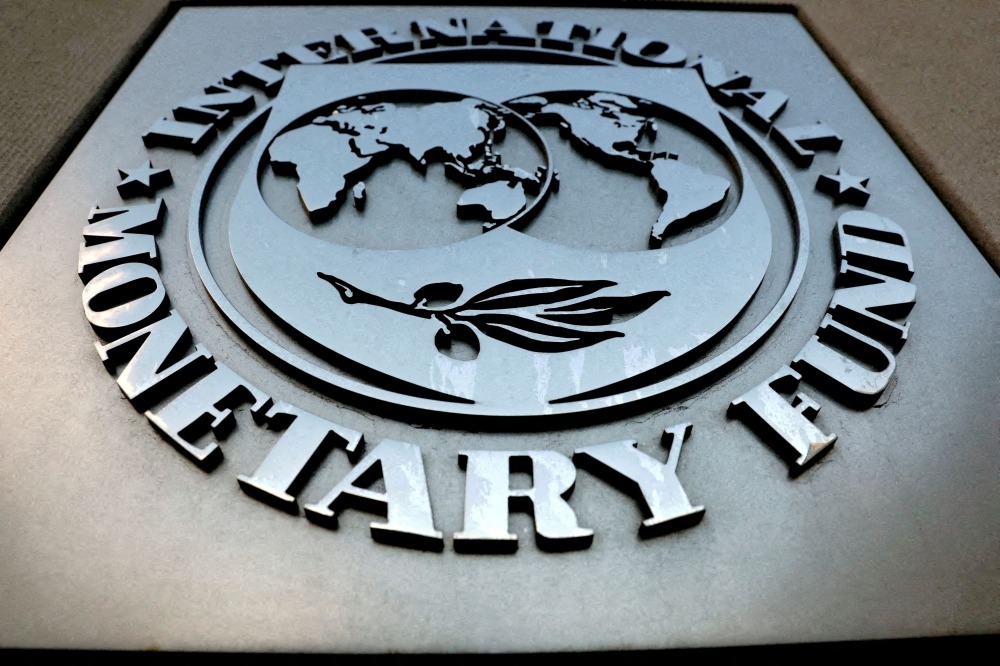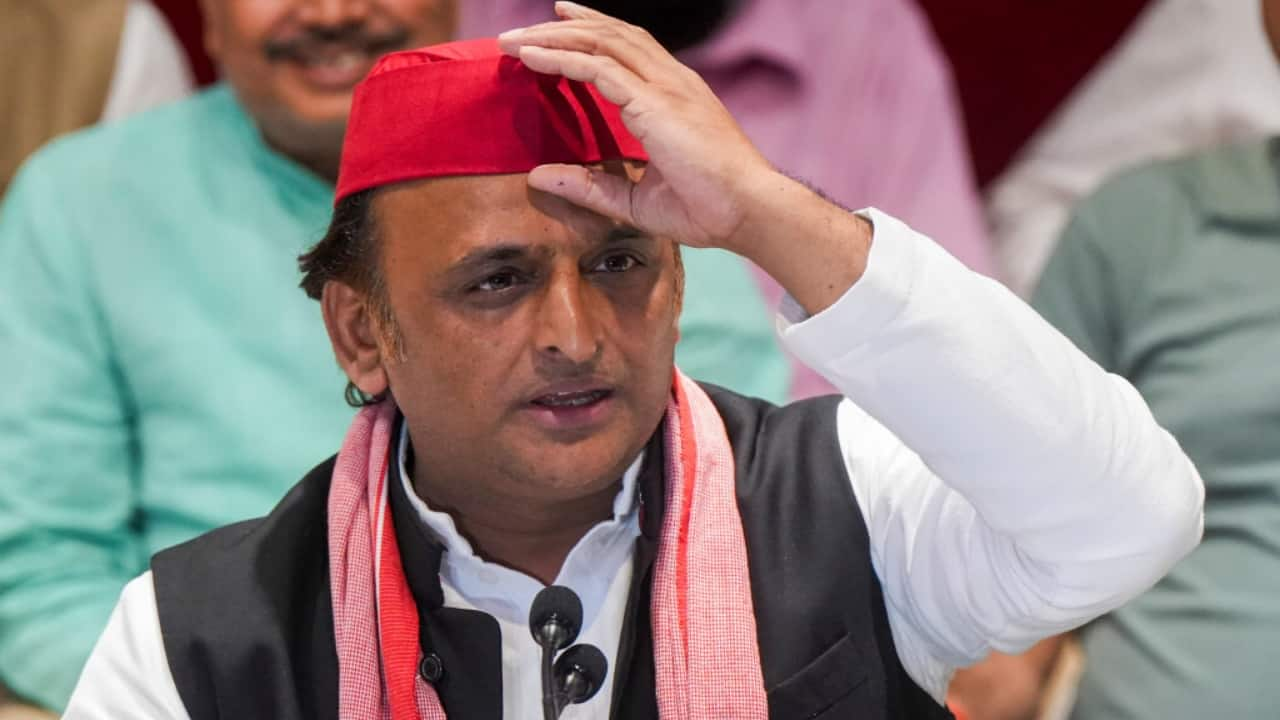BUENOS AIRES, April 12 — Argentina’s government said yesterday it had reached an agreement with the International Monetary Fund for a loan of US$20 billion and the easing of foreign exchange controls. The landmark deal will give cash-strapped Argentina more financial firepower to defend its wobbling currency and is a political boon for libertarian President Javier Milei. The loan, which must still be greenlit by the executive board of the global lender, will allow the “recapitalization of the Central Bank.
.. and continue the disinflation process,” Economy Minister Luis Caputo told reporters.

It would also, starting Monday, “allow us to end the exchange controls that have done so much harm” to Argentines, and “affected the normal functioning of the economy,” said the minister. The IMF will disburse US$15 billion of the loan to be available this year, the government said. In place of exchange controls in place since 2019, the peso will be allowed to float within a band of between 1,000 and 1,400 pesos to the dollar, the Central Bank added in a statement.
On Friday, the peso traded at 1,097 to the dollar at the official rate, and at 1,375 at the unofficial “blue” rate. The Central Bank said the US$200-per-month limit on Argentine citizens accessing greenbacks will also be lifted. Under the deal, the differential exchange rate for exporters will be eliminated, while “the distribution of profits to foreign shareholders is allowed starting from the financial years beginning in 2025, and the deadlines for the payment of foreign trade operations are relaxed,” it added.
Inflation down Argentina, Latin America’s third-biggest economy with a record of economic crises, hyperinflation and defaults, already owes the IMF US$44 billion under a 2018 loan agreement—the lender’s biggest ever—on which it has since renegotiated the repayment terms. Javier Milei, the South American country’s budget-slashing president in office since December 2023, has sought a new loan to cancel Treasury debt to the Central Bank, wipe out stubborn inflation, boost growth and replenish foreign reserves. The prospect of another IMF loan has caused a run on the peso, prompted by fears—which Milei has rebuffed—that a new deal could entail a currency devaluation.
The IMF has expressed approval of Milei’s attempts to curb inflation, which came in higher at 3.7 per cent for the month of March compared to 2.4 per cent in February.
Annual inflation came in at 55.9 per cent in March—down from 211 pe rcent at the end of 2023, but still one of the highest rates in the world. Milei, a self-declared “anarcho-capitalist,” has fired tens of thousands of public sector workers, halved the number of government ministries and vetoed inflation-aligned pension increases to curb public spending.
Last year, Argentina recorded its first budget surplus in a decade, but the collateral damage has been a loss of purchasing power, jobs, and consumer spending. US Treasury Secretary Scott Bessent is due next week to visit Argentina and “affirm the United States’ full support for Argentina’s bold economic reforms,” a statement from his office said. “Under President Milei, Argentina has conducted policy through actions, not just words,” it added.
“As highlighted by President Donald J. Trump, President Milei has brought Argentina back from economic oblivion.” The loan was expected to be approved by the IMF board yesterday.
— AFP.
Business

Argentina announces deal for US$20b IMF loan, easing of exchange controls

BUENOS AIRES, April 12 — Argentina’s government said yesterday it had reached an agreement with the International Moneta...














